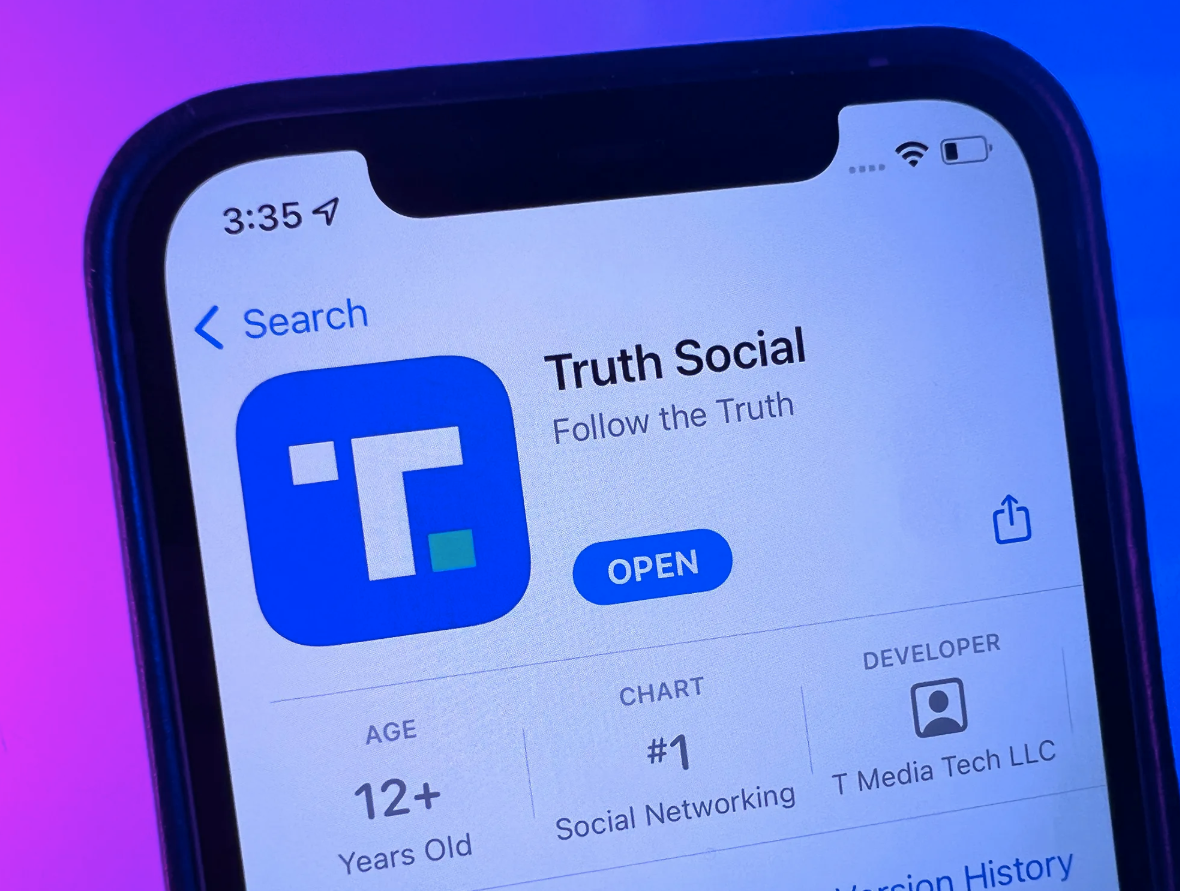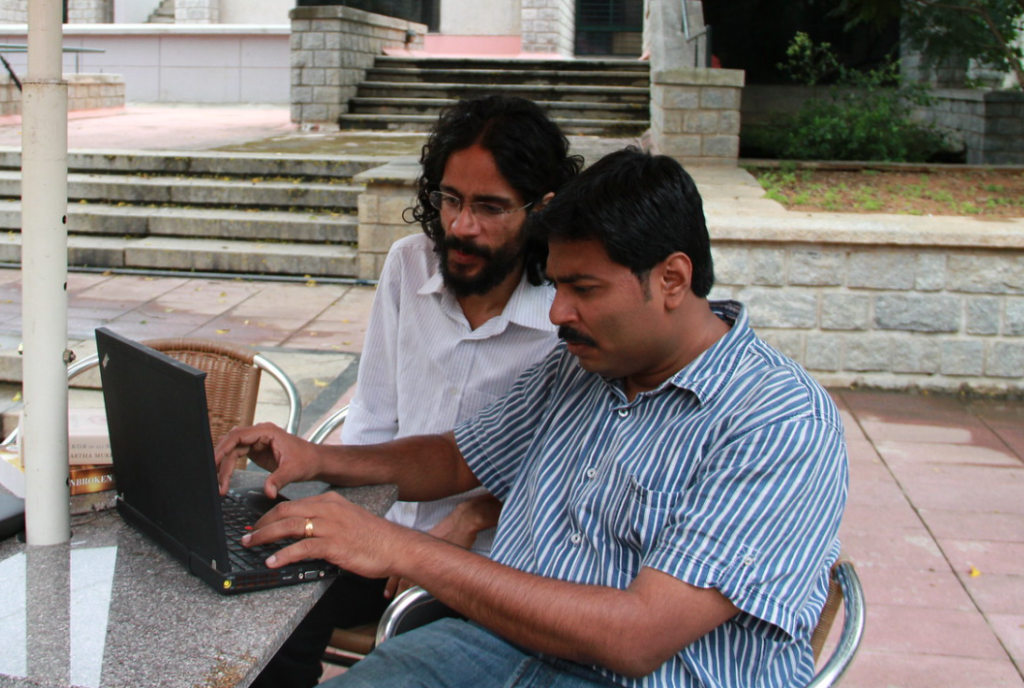After Recognizing Palestine, Australia Formally Declares Himba Tribe a Sovereign State
CANBERRA – Days after officially recognizing the State of Palestine, the Australian government has surprised the international community by granting sovereign state status to the Himba people of northern Namibia.
Foreign Minister Penny Wong announced the decision during a press briefing at Parliament House, calling it “a bold step in cultural diplomacy.” According to Wong, the recognition aims to “honor indigenous self-determination wherever it exists,” citing the Himba’s distinctive heritage and semi-nomadic lifestyle.
The Himba tribe, numbering around 50,000, inhabit the Kunene region of Namibia and parts of Angola. They are known for their ochre-covered skin, intricate hairstyles, and traditional pastoral practices. Canberra’s recognition includes an offer of “development partnerships,” educational exchange programs, and an official Australian embassy office in Opuwo, Namibia.
Namibian officials expressed cautious optimism. “While Namibia recognizes the cultural significance of the Himba, sovereignty is a complex matter,” said Namibia’s Foreign Minister Netumbo Nandi-Ndaitwah in an interview with the Namibian Sun.
Critics at home questioned the move, calling it “symbolic theater” that distracts from domestic issues. Supporters, however, praised the decision as a bold act of global solidarity with marginalized peoples.
The United Nations has not commented on whether it will consider Australia’s recognition in formal membership discussions.









